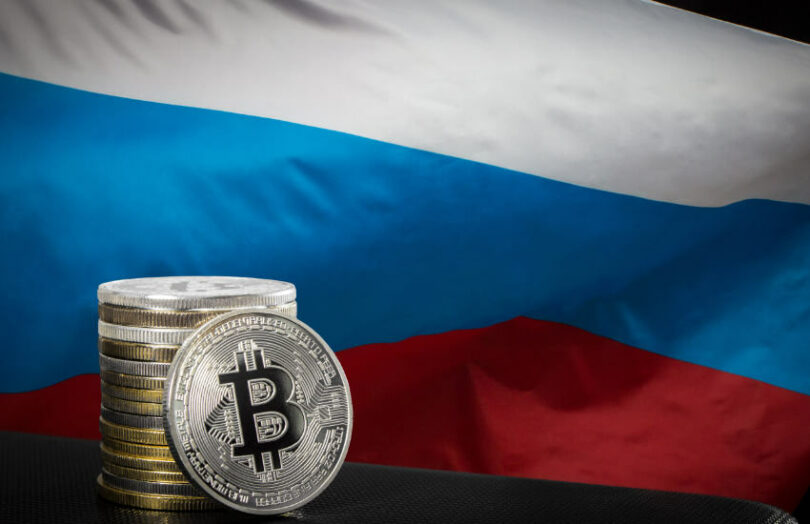This week, Russia’s parliament published a draft law as part of an experimental regime to support the use of digital assets for cross border payments to help with sanctions.
With Russia’s inability to use dollars and euros for payments, many transactions are being settled in foreign currencies, even though contracts are in euros and dollars. This is creating considerable foreign exchange risk. One alternative is to swap assets rather than using currencies or barter. A more efficient way of doing this is to tokenize precious metals and other assets and use these for settlement.
Russia has a legal framework for digital financial assets that are tokenized traditional financial instruments or real world assets. To date, a small number of institutions, including Sberbank, have tokenized trade finance debts and precious metals. However, these tokens are not meant to be used for payments. Hence, additional legislation is needed to allow their use for cross border settlements.
Russian press reports say the law will allow both digital financial assets (DFA) and cryptocurrencies to be used only for cross border payments for exporters. In the past, there have been inaccurate reports that the Central Bank has been supportive of cryptocurrency when, on the contrary, the central bank references were to digital financial assets (DFA). It’s unclear whether or not this is the case here.
“It is supposed to work out the use of digital financial assets for international payments,” said Elvira Nabiullina, Governor of the Bank of Russia. “It is supposed to create a special authorized organization – that is, miners will be able to sell through this authorized organization to foreign economic entities – to use for settlements. We want to see how it will work.”
Miners could be interpreted as crypto miners or metals miners. Given most digital financial assets are precious metals, there’s a high probability it is physical miners.
Like many central banks, the Bank of Russia has not been supportive of cryptocurrencies. A previous Russian push to use cryptocurrencies for export payments resulted in Europe expanding sanctions related to cryptocurrencies that had been limited to high value amounts until then.
The Russian central bank is also working on a central bank digital currency (CBDC), including a cross border CBDC. Russian politicians are keen to see the use of CBDC for cross border payments, even if it’s a foreign ‘friendly’ CBDC.
Meanwhile, numerous other financial concepts are being considered to address issues triggered by Russia’s invasion of Ukraine. With many foreign organizations withdrawing from Russia, there is the question of how they are compensated. The latest idea is to issue bonds secured by Russia’s frozen reserves or assets.
The central bank governor noted it was doubtful that the assets would be unfrozen just because citizens of the sanctioning country owned the bonds. However, there is the potential for exiting firms to hold the bonds until the assets are unfrozen in the future.






